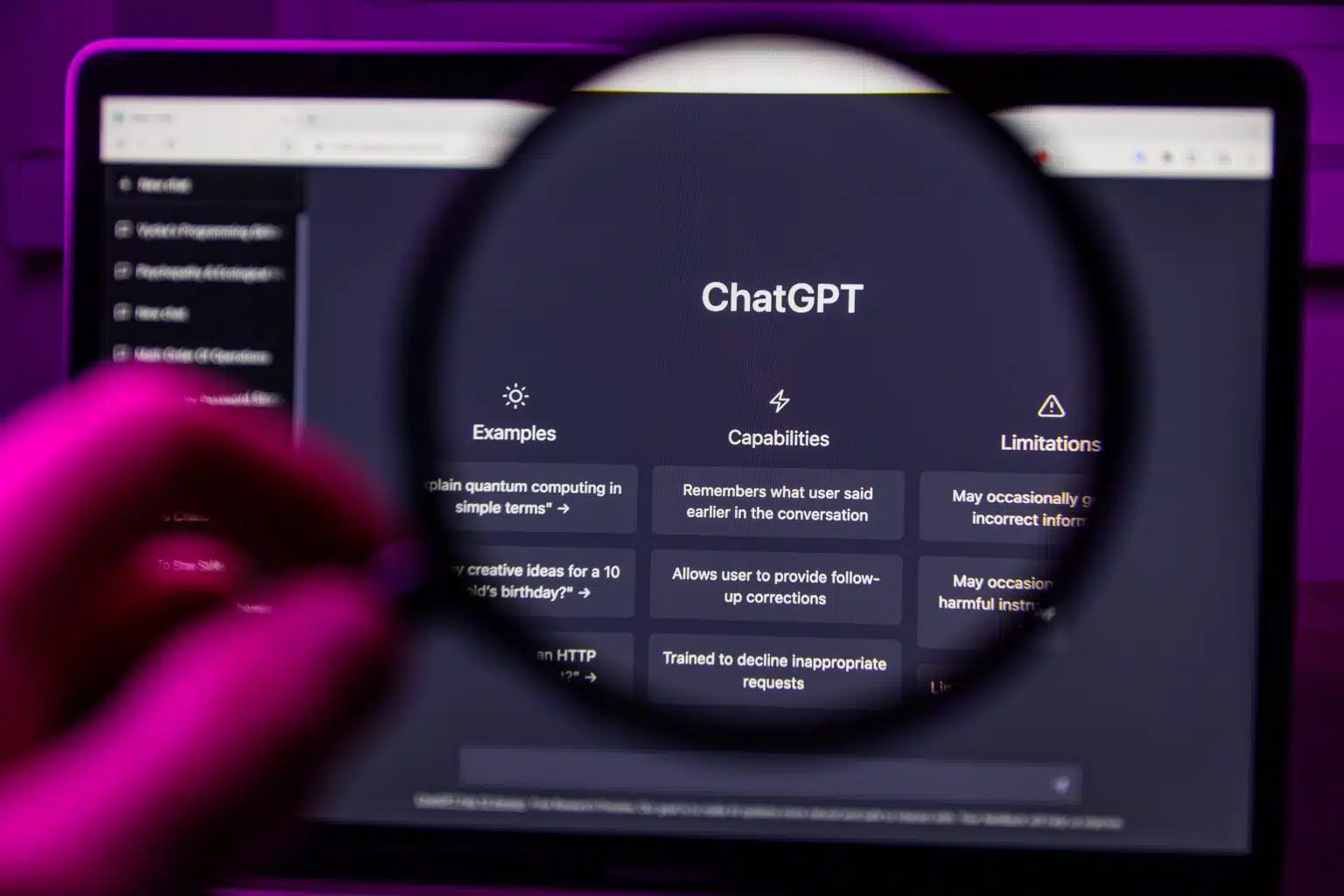
OpenAI recently revealed plans to retire its proprietary GPT-4 AI model from the ChatGPT platform effective April 30, 2024. Released more than two years ago, its most advanced sibling, GPT-4, has been the driving force behind popular applications such as Microsoft’s Copilot chatbot. After it came out in March of 2023, GPT-4 quickly became one of OpenAI’s most popular models. Its multimodal capabilities allow it to read and comprehend both text and images.
The Launch of GPT-4 Turbo
On November 6th, 2023 OpenAI launched GPT-4 Turbo, the new successor to GPT-4. This new model is intended to be quicker and less expensive than its predecessor. As we said earlier, GPT-4 is gargantuan and already has a training cost that exceeds $100 million. By upgrading to Turbo, users realize increased performance and decreased cost.
Even with all its success, GPT-4 continues to be at the heart of continuing copyright wars between OpenAI and many major publishers. These publishers claim that OpenAI illegally trained the AI model GPT-4 on their proprietary data without their permission or knowledge. The stakes of these disagreements are still playing out with the company’s battle against its recent series of legal challenges.
GPT-4 will no longer be offered on the ChatGPT platform beyond April 30. However, you can only get to it via OpenAI’s application programming interface (API) right now. This would help ensure that developers and businesses can continue to use the model for all kinds of applications without having to rely entirely on ChatGPT.
Introducing GPT-4.1 Models
In anticipation of these magical changes to come, OpenAI is already teeing up a new family of models called GPT-4.1. The new lineup includes some exciting variants—prospective new flagships GPT-4.1 mini and GPT-4.1 nano. These models hold the potential to provide even more customized solutions across a wider range of use cases.
OpenAI has recently released some pretty astonishing statements about how their newer models perform. “In head-to-head evaluations, [GPT-4 Turbo] consistently surpasses GPT-4 in writing, coding, STEM, and more,” the company stated.
OpenAI is pushing the envelope on what’s possible with AI technology. The quiet retirement of GPT-4 is a big deal in this evolution. The company is still dedicated to pushing the envelope in this new arena, but clearly needs to reassure publishers and other stakeholders of its commitment to their needs.
What The Author Thinks
OpenAI’s decision to retire GPT-4 and introduce GPT-4 Turbo reflects the company’s ongoing focus on improving AI performance and reducing operational costs. However, the move could also be seen as a strategic effort to address the growing concerns around copyright and data usage, especially as the company faces mounting legal pressure from publishers. By shifting focus to newer models, OpenAI is reinforcing its commitment to innovation while navigating the complex landscape of AI ethics and copyright concerns.
Featured image credit: Wikimedia Commons
Follow us for more breaking news on DMR
